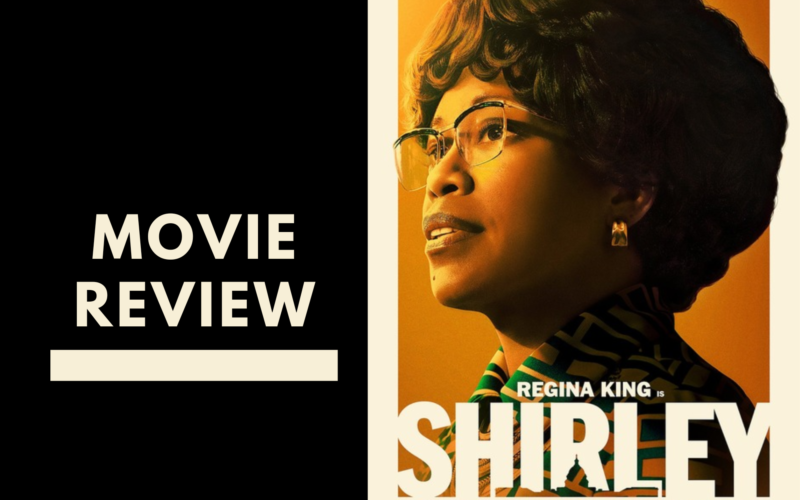Simple is as simple as it can get. Biopics can be a little dicey—a story retold—history brought forward. The story follows a ready-made pattern with rooms, of course, for creative tweaks. Shirley recounts the inspiring life of Shirley Chisholm, the first black congresswoman in 1968 and the first black woman to launch a campaign for the United States Presidency in 1972. The story of Shirley Chisholm is a daring and inspiring tale, considering the facts that surround her ambition. She was a woman and a black woman in the United States. The possible complexities of the story make their glaring self-announcement.
Once a school teacher, goal-getter, and blunt, Shirley Chisholm succumbs to the greater calling of paving the way for other black humans like her in the United States. Amidst racial discrimination and loud misogynistic rhetoric, Shirley surrounds herself with a trusted team of family and friends to achieve her dreams. Terrence Howard and Lance Reddick play her closest advisors; Michael Cherrie plays Conrad, her husband of almost two decades; they symbolise the voices of reason and a reflection of Shirley’s humanity and flaws.
Directed by John Ridley, the film places just enough force behind the story and the main character to launch a curious mind into history. Regina King, who plays the main character, Shirley, gives an impeccable performance cushioned with vigour, determination, and enthusiasm, a worthy tribute to the real-life character and an excellent depiction of the inspiring figure she cut.
The storytelling takes a ‘matter of fact’ entrance straight into the peak of Shirley’s political career, lacking some artistic spark that differentiates a story from every other story. An uneventful revival of a trailblazer. Although there were discussions of cogent and worthy subject matter relevant to the story, it is almost unforgivable that such a significant biopic could be watered down by a loose arrangement. All put together, the producers have created a relevant work of art.











